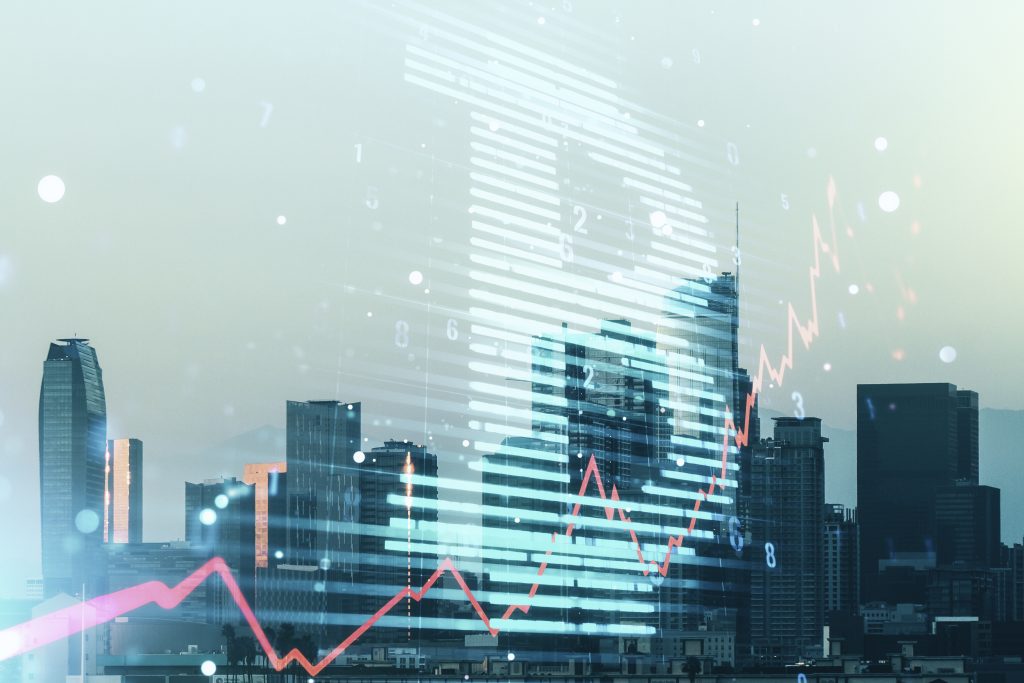Riyadh is set to host the third annual International Mining and Resources Conference (IMARC) ministerial roundtable, an exclusive gathering of high-level government officials engaged in the mining sector. The conference will commence this Tuesday, bringing together a global assembly of ministers to intensify collaboration in the strategic mineral domain, which is crucial for the energy sector’s transformation.
The objective of the roundtable is to present and discuss the vast potential of significant mining regions, share experiences, and forge international ties that enhance the sustainable evolution of the metals industry. These efforts are aimed at boosting the sector’s contribution to economic and social advancement.
Key topics on the agenda include the competitive landscape of the international metals market and the implementation of effective strategies derived from prior initiatives. These initiatives focus on creating an international cooperation framework, establishing regional centers of excellence, and setting environmental and societal standards. They also aim to leverage the growth in mineral extraction and production and to promote the development of green metal manufacturing hubs within the Kingdom and beyond, powered by clean-energy technologies.
The convening of this international ministerial meeting underscores the mining sector’s instrumental role in fostering sustainable development and equitable economic growth.
The attendance of 45 ministers highlights IMARC’s rapid ascension as a leading global platform for charting the future of the metals industry. The countries participating are keen to ensure the stability of mineral supply chains essential for the shift towards clean energy and to spur regional economic growth in the mining and metals arena.
The conference promises to showcase the mining potential of the expansive region from Africa to Western and Central Asia, which could fulfill the rising demand for minerals in the future.
Distinguished ministers and government officials from more than 77 countries will be present, including G20 members such as Australia, Brazil, Canada, China, the European Union, among others, and nations with prominent mining industries like Chile and South Africa. Participants also include representatives from international and non-governmental organizations, and business associations such as UNIDO, GCC, the World Bank, OECD, and IFC.
